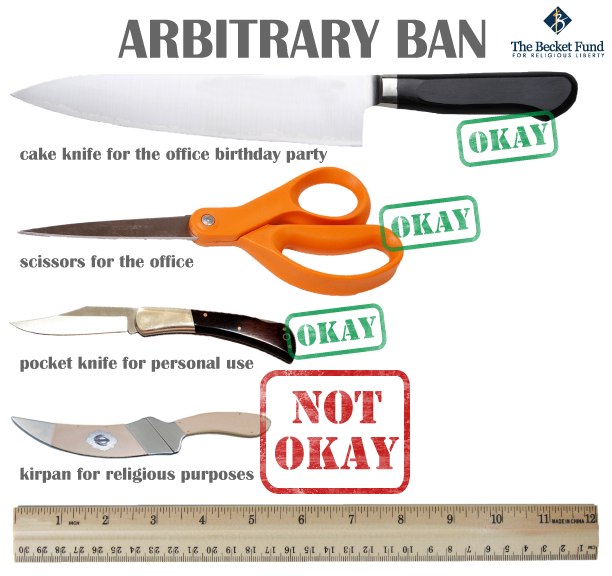Tribal nations, Catholic bishops among diverse coalition urging Supreme Court to protect Oak Flat
WASHINGTON – A coalition of tribal nations, Catholic bishops, states, legal scholars, and diverse religious organizations asked the Supreme Court yesterday to protect the Apache sacred site at Oak Flat from destruction by a multinational mining giant. In Apache Stronghold v. United States, the Ninth Circuit Court of Appeals refused to stop the federal government from transferring Oak Flat to Resolution Copper, a foreign-owned mining company that plans to turn the site into a massive mining crater, ending Apache religious practices forever (Watch this short video to learn more).
Since time immemorial, Western Apaches and other Native peoples have gathered at Oak Flat for sacred religious rites that cannot take place elsewhere. Known in Apache as Chi’chil Biłdagoteel, Oak Flat is listed in the National Register of Historic Places and has been protected from mining and other harmful practices for almost 70 years. These protections were eliminated in December 2014 when a last-minute provision authorizing the transfer of Oak Flat to the Resolution Copper company was inserted into a must-pass defense bill. Resolution Copper is a foreign-owned mining company that plans to turn the sacred site into a two-mile-wide and 1,100-foot-deep crater. The majority owner of Resolution Copper, Rio Tinto, sparked international outrage when it deliberately destroyed 46,000-year-old Indigenous rock shelters at one of Australia’s most significant cultural sites.
“This strong showing of support from a diversity of faiths—Catholics, Protestants, Muslims, Jews, Sikhs, and more—demonstrates that the threat to religious freedom at Oak Flat is a threat to religious freedom everywhere,” said Dr. Wendsler Nosie Sr. of Apache Stronghold. “We pray that the Justices take our case and ensure that our religious practices receive the same respect that all other faith traditions enjoy.”
Highlights from yesterday’s filings in Apache Stronghold v. United States include:
- The National Congress of American Indians and 44 Tribal Nations highlight the immense significance of the case for all Native Americans.
- The San Carlos Apache Tribe explains the longstanding religious significance of Oak Flat for Apaches.
- The United States Conference of Catholic Bishops, represented by noted Stanford Law Professor Michael McConnell, ask the Court to correct the Ninth Circuit’s erroneously narrow reading of RFRA.
- The States of Oklahoma, South Carolina, Mississippi, and Oregon, argue that RFRA establishes a workable test that states have long complied with and that the federal government can honor too.
- Prominent religious liberty law scholars argue that the Ninth Circuit’s decision conflicts with Supreme Court precedent and controlling statutes.
- Diverse religious organizations, including the Sikh Coalition and the Jewish Coalition for Religious Liberty, emphasize how the decision below contradicts RFRA’s history and purpose.
- The Religious Freedom Institute and Ethics and Public Policy Center highlight the textual limits of RFRA that allow courts to weed out weak or insincere claims.
- The Knights of Columbus show how the destruction of Oak Flat threatens people of all faith, who routinely worship on federal land.
- Young America’s Foundation and other conservative groups argue that federal laws protecting religious freedom must be fully enforced.
- The Episcopal Church, United Church of Christ, Evangelical Lutheran Church, and United Methodist Church address how the wrong and narrow Ninth Circuit test has particularly harsh and discriminatory effects on Native American religious exercise.
- 85 Religious organizations point out how the Ninth Circuit’s decision misused and contradicted Supreme Court precedent.
- The Presbyterian Church USA, the Mennonite Church USA, and the Lipan Native American Church highlight how the government failed to require the mine to use alternative mining methods that would allow the recovery of copper without damaging the surface of Oak Flat.
- Senator Mike Lee and Protect the First Foundation remind the Court that Congress set the test in RFRA and argue that the Ninth Circuit contradicted and cast doubt on important legislative presumptions in its erroneous decision.
- A broad coalition of military chaplains emphasize the important historical role of the government in facilitating free exercise in special contexts where the government controls the ability to worship.
- An Apache Elder, Indian law scholar, and six Native American rights groups detail how the Ninth Circuit’s error perpetuates a history of harmful disregard for and suppression of Indigenous religious practices.
Apache Stronghold—a coalition of Apaches, other Native peoples, and non-Native allies—filed this lawsuit in January 2021, seeking to halt the proposed mine at Oak Flat. The mine is opposed by 21 of 22 federally recognized tribal nations in Arizona and by the National Congress of American Indians. Meanwhile, national polling indicates 74% of Americans support protecting Oak Flat. The Ninth Circuit ruled earlier this year that the land transfer is not subject to federal laws protecting religious freedom. But five judges dissented, writing that the court “tragically err[ed]” by refusing to protect Oak Flat. On September 11, Apache Stronghold filed their appeal to the Supreme Court.
“Obliterating Native sacred land to make way for a copper mine is a tragic betrayal of our nation’s promise of religious freedom for all,” said Luke Goodrich, vice president and senior counsel at Becket. “We expect the Supreme Court to take this case and confirm that Native American religious practices are fully protected by federal law.”
In addition to Becket, Apache Stronghold is represented by Erin Murphy of Clement & Murphy PLLC, Professor Stephanie Barclay of Georgetown Law School, and attorneys Michael V. Nixon and Clifford Levenson.
For more information or to arrange an interview with a Becket attorney, contact Ryan Colby at media@becketlaw.org or 202-349-7219.
 WASHINGTON, D.C. – Native American feather dancer Robert Soto asked the federal government today to end its criminal ban on using eagle feathers for religious worship, invoking his landmark court victory in a
WASHINGTON, D.C. – Native American feather dancer Robert Soto asked the federal government today to end its criminal ban on using eagle feathers for religious worship, invoking his landmark court victory in a 



 By
By 

